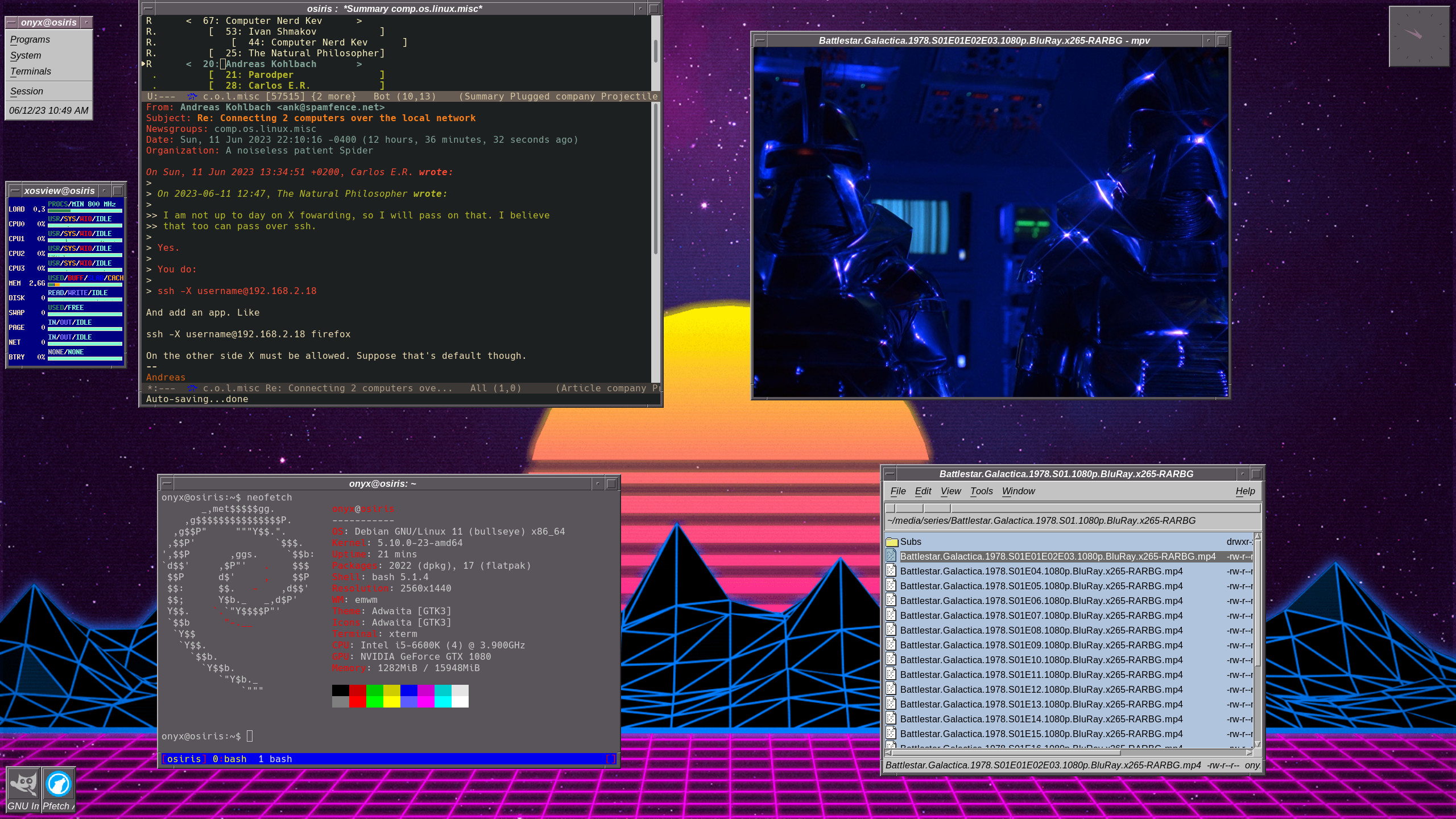Debian. Several reasons:
- It's trustworthy.
- It's not going anywhere. Debian existed when I was a kid and it'll probably still exist when I draw my last breath.
- I know how to use it, since, once again, I've been using it since I was a kid.
- It has all the desktop environments.
- It fully supports systemd. I do not miss the unreliability, slowness, and complexity of what came before that. (Normally I wouldn't mention this, but your former distro of choice exists solely for the purpose of not having systemd, so it's relevant this time.)
